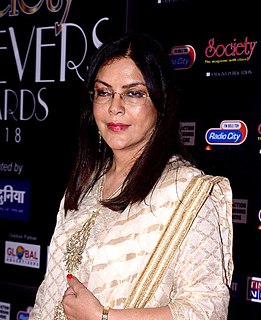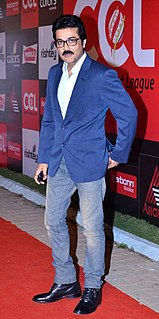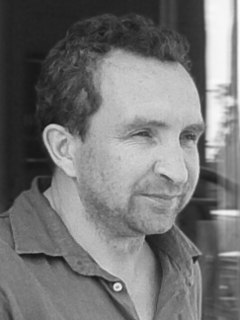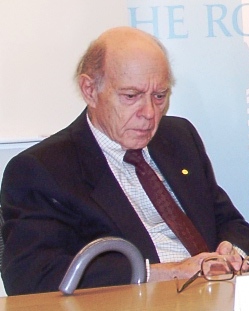A Quote by Zeenat Aman
I always wanted to work with Ashutosh Gowariker because of the interesting ways in which he depicts stories in his films.
Related Quotes
I wanted to play roles which offered new ways of viewing black women and black people in general- and I have done that. And I have always, whether I needed to pay the rent or not, I've always turned down roles which I thought were stereotypical. And so when I look at my body of work in that respect, I am really happy. Because I feel my work does say something positive and that was what I always set out to do.
I think subjectivity plays into everything. It's unavoidable; you couldn't avoid it if you tried. I think, potentially, a lot more commercial movies, it seems to be that the people making the films are trying to elicit the same reaction. I think a lot of the most interesting work in art and in films are often kind of polarized opinions and affect people in very different ways, which may be less successful commercially, but they elicit a dialogue that's quite interesting.
What I love about Neill's Blomkamp work is that his stories are small human stories. But what's interesting about Neill's movies is that they're set in the future but they're so incredibly timely that it feels like maybe in the present in the next dimension. It feels like it's happening now. The universe is very recognizable, in many ways.
I know a bit about his [Sirk] life, but it's more about his style than biography. He was European and came out of a theater background, and could easily be defined as 'Brechtian.' He was expressionistic in his films, and was an example of those intensely intellectual artists who ended up working for American studios, and was handed the Ladies Home Journal and asked to adapt the stories for the screen. He found ways to use his artistry to make them interesting and nuanced, while critiquing American values in the process.
The work I did on 'Killing Kennedy' was very meticulous and, in some ways, actually tedious. It was hard work because there is so much known about John F. Kennedy and Lee Harvey Oswald. To try to distill that into a clear narrative that's interesting and tells two great stories was a real challenge.
I floated around in the department of biochemistry and learned some interesting things, and then I began to... I never wanted to work with a mentor because I always wanted to have my own reputation and be free to do what I wanted to do. So I worked with the weakest people in the department. Don't make that public.

































